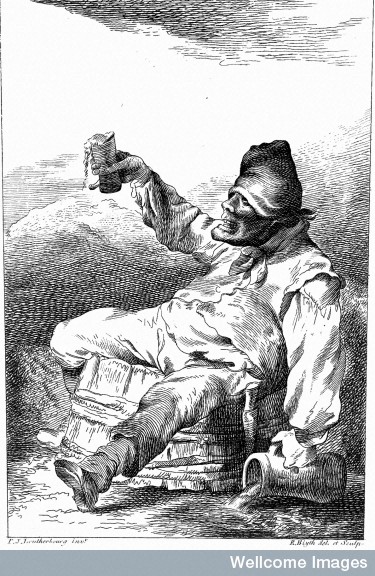
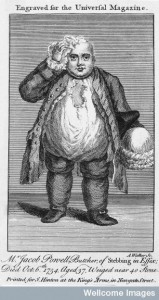
At this time of the year many of us will over-indulge in either food or drink, or both. We rarely question our ability to gorge ourselves on festive treats like mince pies. However, as regular readers of this blog are no doubt aware, early modern men and women questioned and attempted to understand how different bodily characteristics were created and connected. We have already seen that the shape and form of a man’s stomach could reveal much about his personality, according to some medical writers. Regular readers should also now be aware that in many cases bodily characteristics and behaviours were dictated by the amount of heat found in the body. This was apparently also the case with a man’s capacity for consuming alcohol, and for fighting off and coping with disease. As Lævinus Lemnius’s The Secret Miracles of Nature, originally published in Latin in 1559 explained:
‘Daily examples shew, that men with grosse fat-bodies are spungy, and cannot so well resist diseases. For they are loaded with their body, that their spirits are not so lively, merry and ready. Whereupon when any little disease comes upon them, or light inconvenience, they are faint-hearted, and complain very much … because their native heat is feeble, and their spirits small, and their blood bolder … Men [with] naturally very grosse bodies, are shorter-lived than slender-bodied-men: and again, A tall man is comely and good in youth: but in old age it is an unprofitable burden, and worse than a little body. For old mens bodies grow crooked, and become heavy and unweildy. Wherefore though these exceed the other for large limbs and greatnesse: yet little men have imbred natrual forces stronger than they, and there are many gifts and ornaments of body and mind that appear in them, and they are very quick-witted, and have nimble minds: and they not only exceed the others or equal them in the chearfulnesse of their minds, but for strength, swiftnesse, eating and drinking.
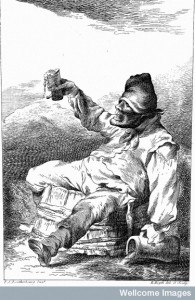
I have seen sometimes dwarfs almost, and very little men ( but their beard was long, and their whole body hairy, which is an argument of exceeding heat) enter the lists of drinking with very strong men, who were not for all this the least moved by the force of wine … whereas the others were so drink, that they were grown stupid, and neither their foot, hand or tongue could do their office.’1
Lemnius emphasised the hairiness of these men, and in particular the length of their beards. Hair was thought to be a by-product of heat within the body, and so was a visible sign of a man’s internal heat. Heat in turn was crucial to manliness and in this situation allowed them to out-strip their drinking companions. The natural heat of these men was ‘very large’ and, as Lemnius explained, ‘quickly conquers and consumes all’.2
The heat of a man’s body, demonstrated through a lustrous beard, allowed them to consume the alcohol they ingested much more efficiently than cooler men. Similarly fatter men, whose bodies were thought to be cooler, were less able to defend themselves from diseases and were less able to cope with illness when they were struck down.
_____________________
1. Lævinus Lemnius, The Secret Miracles of Nature in Four Books … (London, 1658), 120-121.
2. Ibid, 121.
© Copyright Jennifer Evans, all rights reserved.

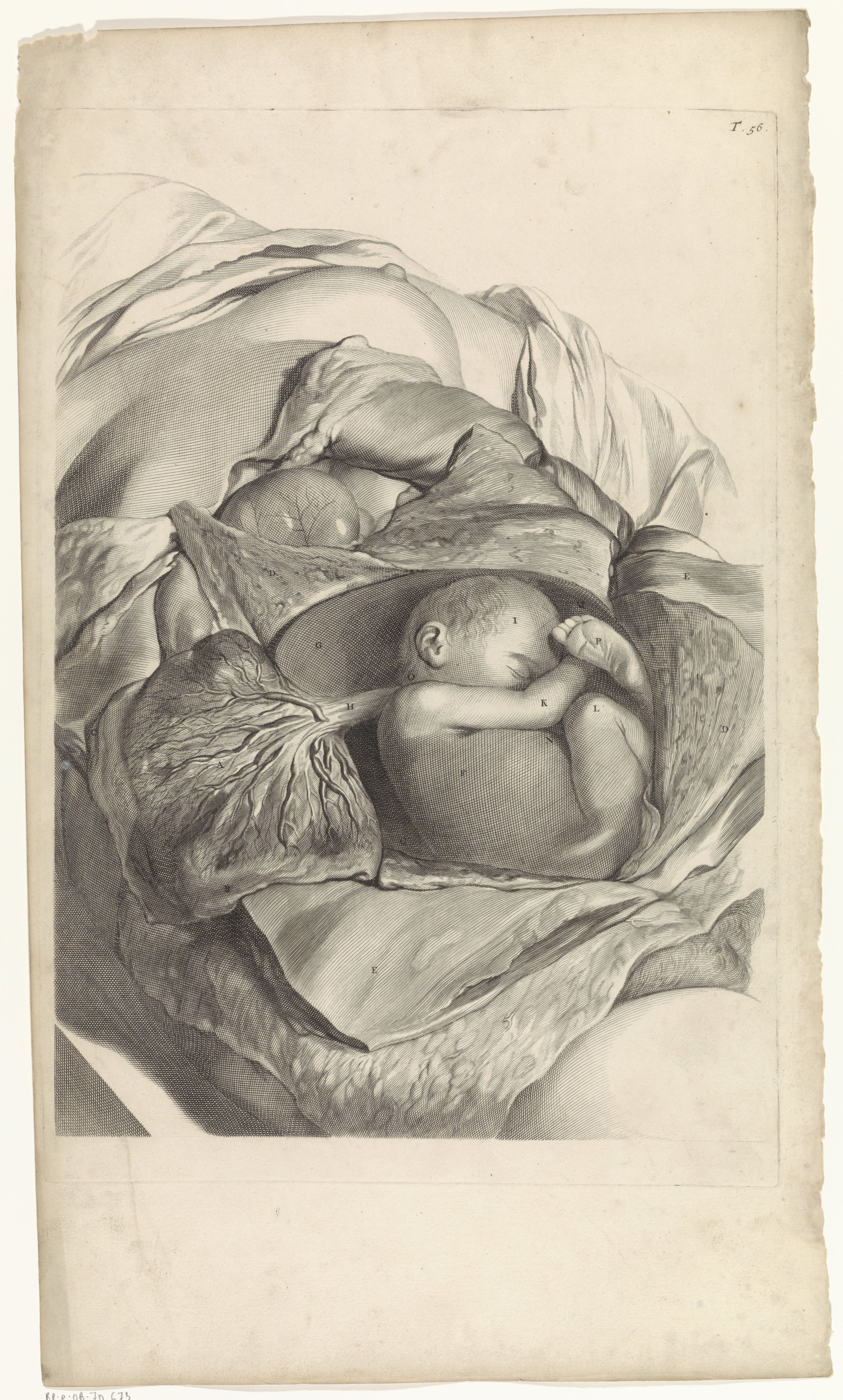
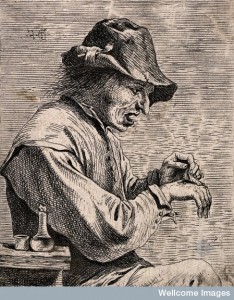
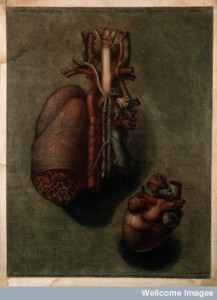
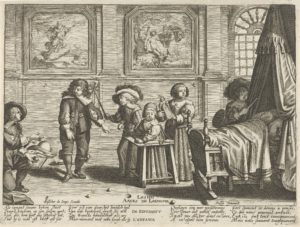
One thought on “Bodies, Beards and Booze”
Comments are closed.